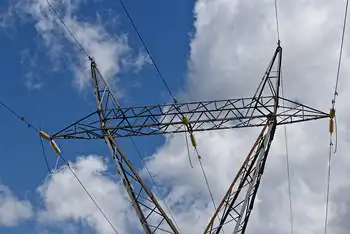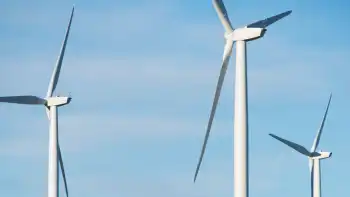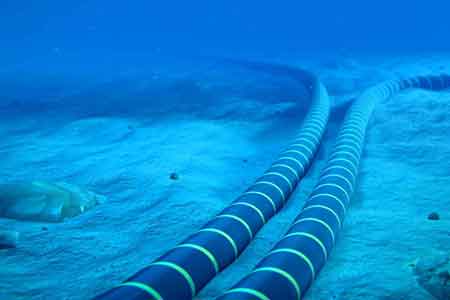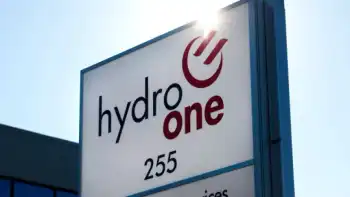Quebec report seeks to divert water, generate power
By Reuters
NFPA 70b Training - Electrical Maintenance
Our customized live online or in‑person group training can be delivered to your staff at your location.

- Live Online
- 12 hours Instructor-led
- Group Training Available
The Montreal Economic Institute said Quebec could divert floodwaters from the three rivers in the spring, pumping the excess water higher, and then letting it flow south through the Ottawa River to the St. Lawrence.
The rivers currently flow into James Bay in northern Canada and then into Hudson Bay, a 316,000 sq mi (818,000 sq km) expanse of water that's bigger than Chile.
The report said that diverting the floodwater from north to south would boost levels on the St Lawrence River and let U.S. and Canadian authorities increase their use of fresh water from the Great Lakes without any risk to St Lawrence itself, a major international seaway.
"The revenue generated by exporting freshwater would be the result of complex negotiations between state, provincial and federal governments," said the report, compiled by former hydro-electric power engineer Pierre Gingras.
"Whatever the outcome of negotiations, and given the probable increase in the value of water in the coming years, this revenue from the sale of water would contribute significantly to the financial health of the Quebec government and the general prosperity of Quebecers."
The idea of bulk water exports from Canada has always been controversial, for political, environmental and security reasons.
But Gingras said the scheme could net the French-speaking province some $7.5 billion a year, assuming the extra water supplied some 150 million people who paid a "very reasonable" $50 a year for the water.
The project, which Gingras calls Northern Waters, would also build 25 hydro-electric plants and dams along the Ottawa River, generating electricity worth $2 billion a year.
He put the cost of the project at some $15 billion and said it could be completed by 2022. "It should be a very profitable project for Quebec," he said.
But environmental group Great Lakes United said a project like Northern Waters could be devastating to the environment.
"The seasonal runoff is not surplus water. The rising and lowering of the rivers and lakes is critical to protecting the marsh which is home to so much wildlife," said program director John Jackson.
He said the project was contrary to legislation that forbids the bulk export of Canadian water from any of the five major basins, including the Hudson Bay Basin.
"There would be huge legal fights. There is no way you could win those battles," said Jackson.
The report said the environmental impact would be relatively small because the project would only capture "seasonal surplus waters".











